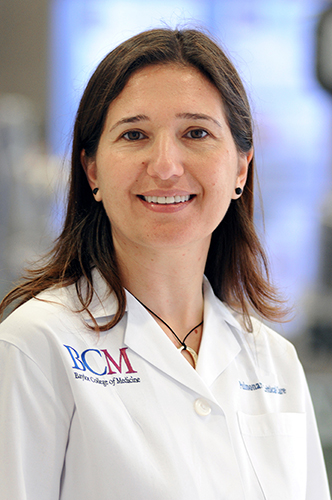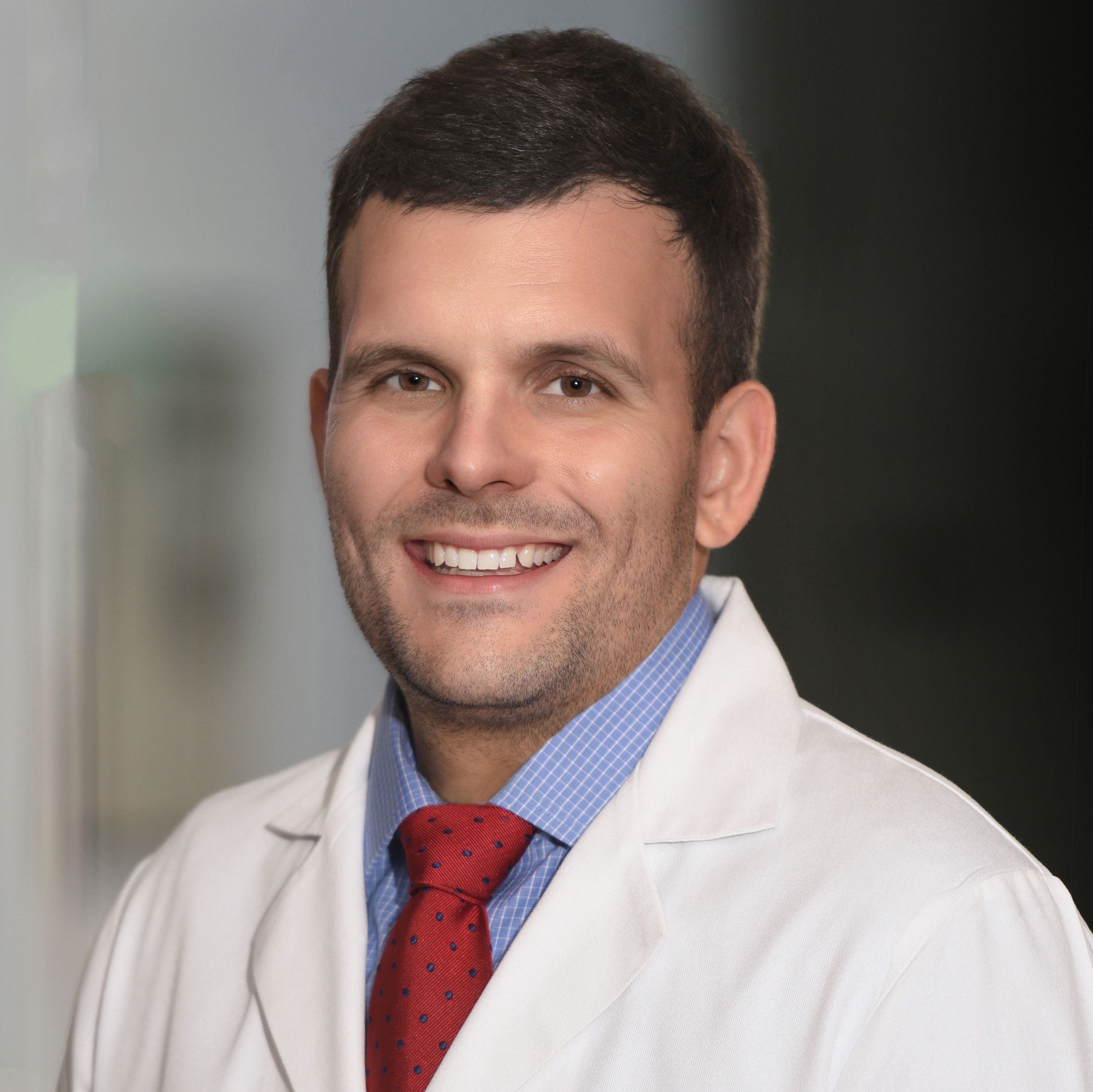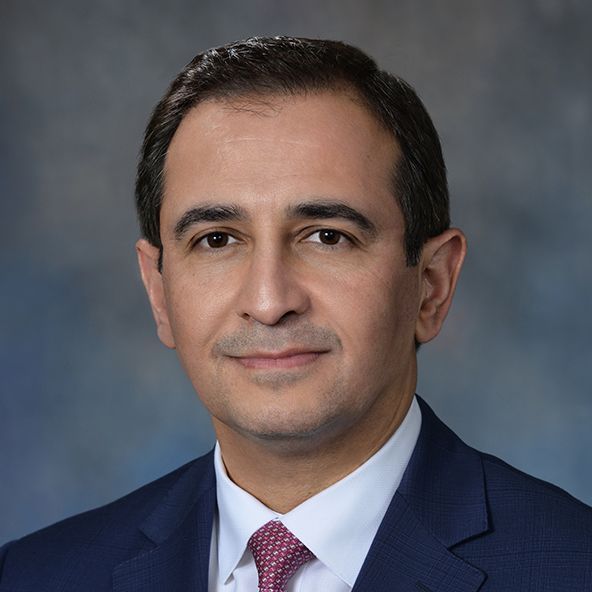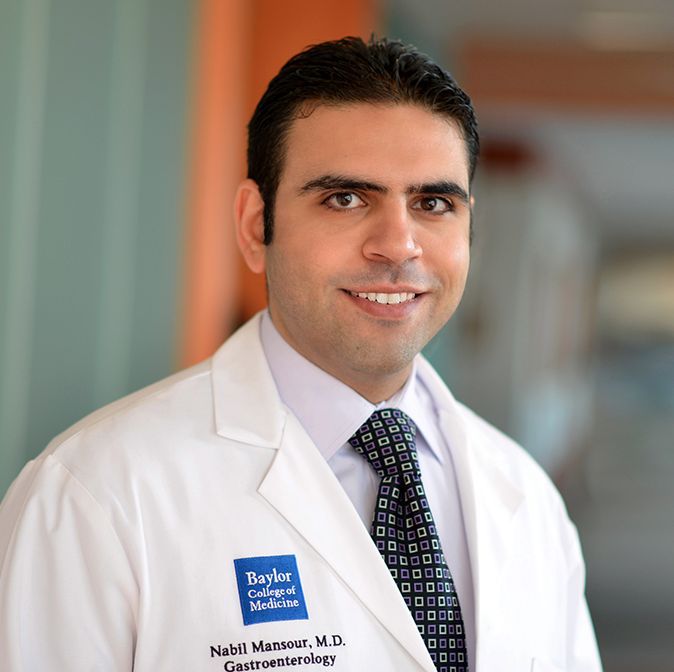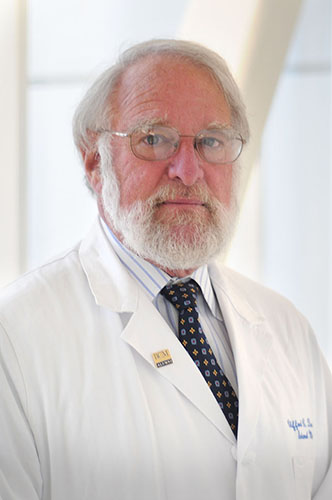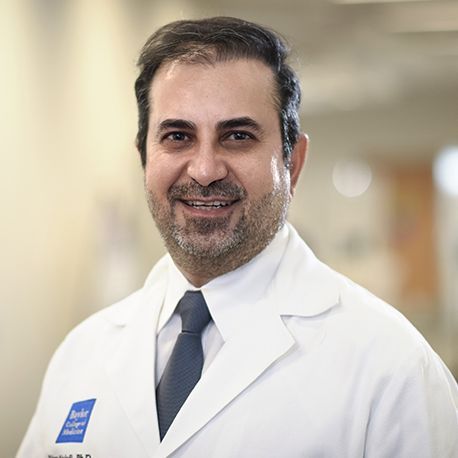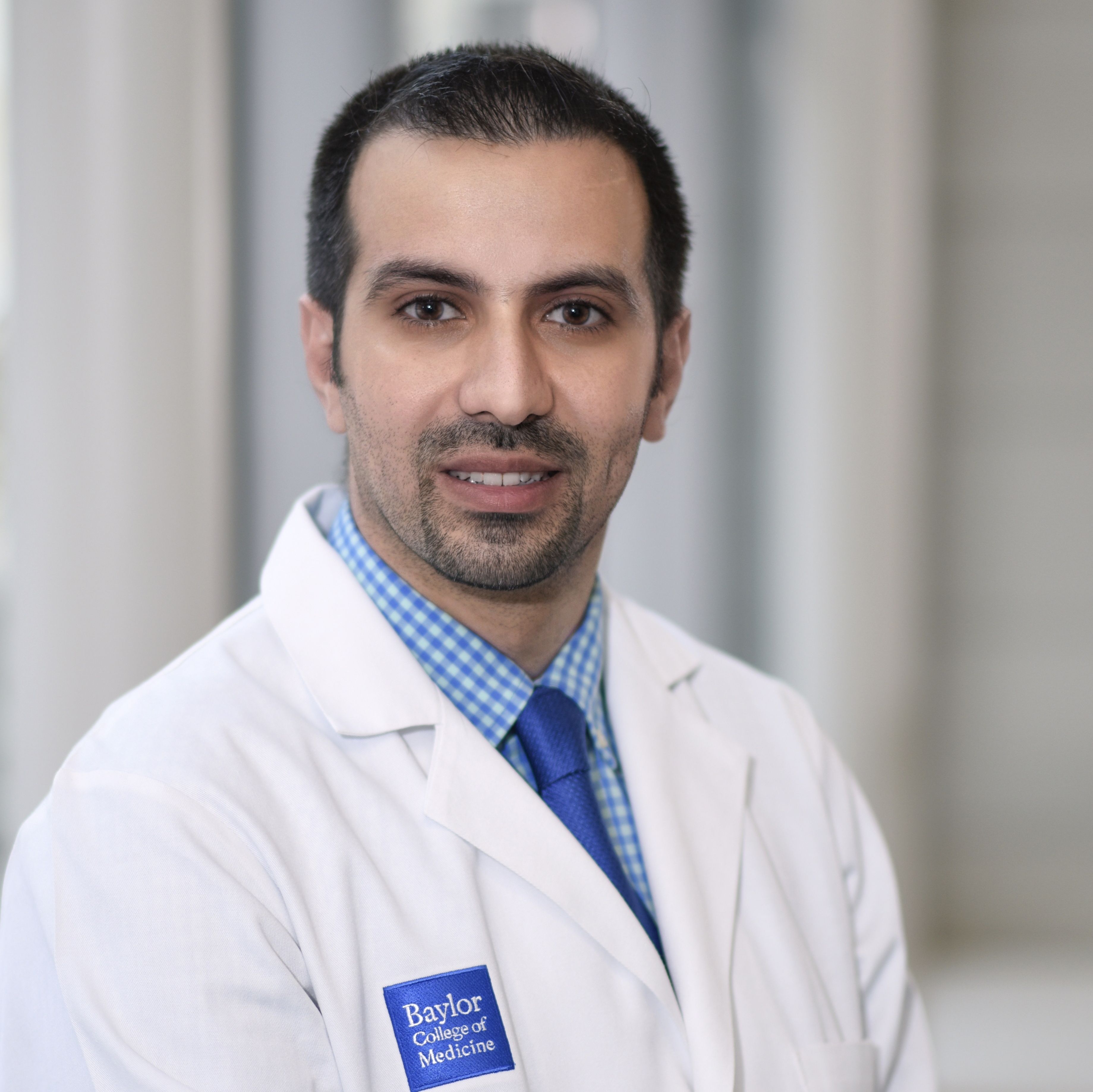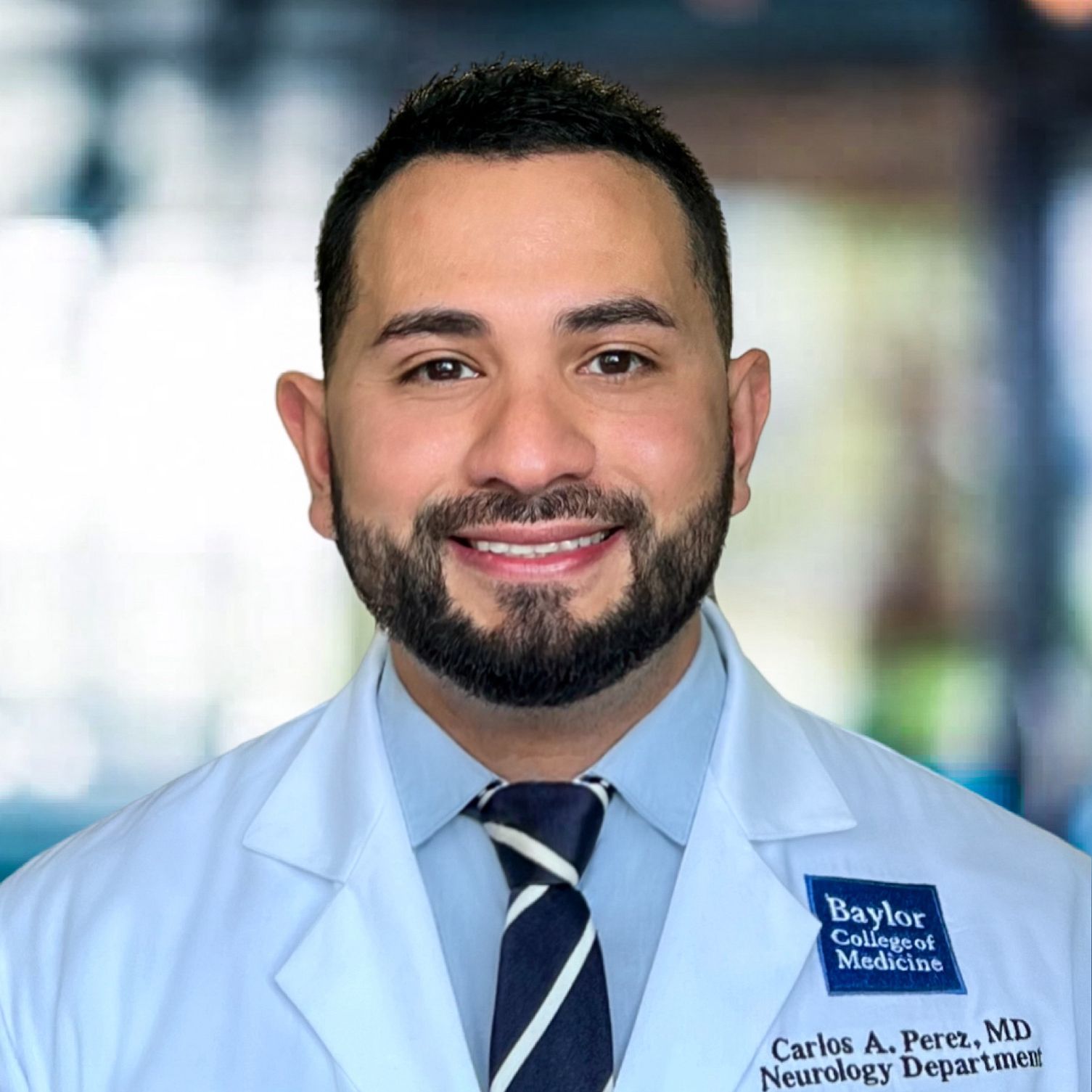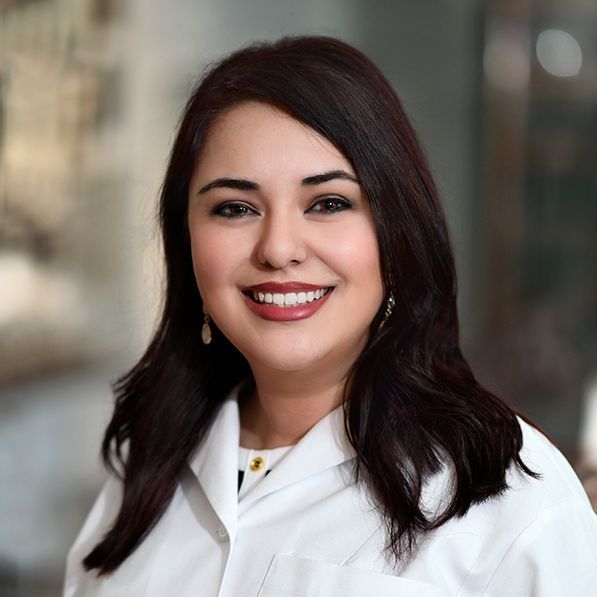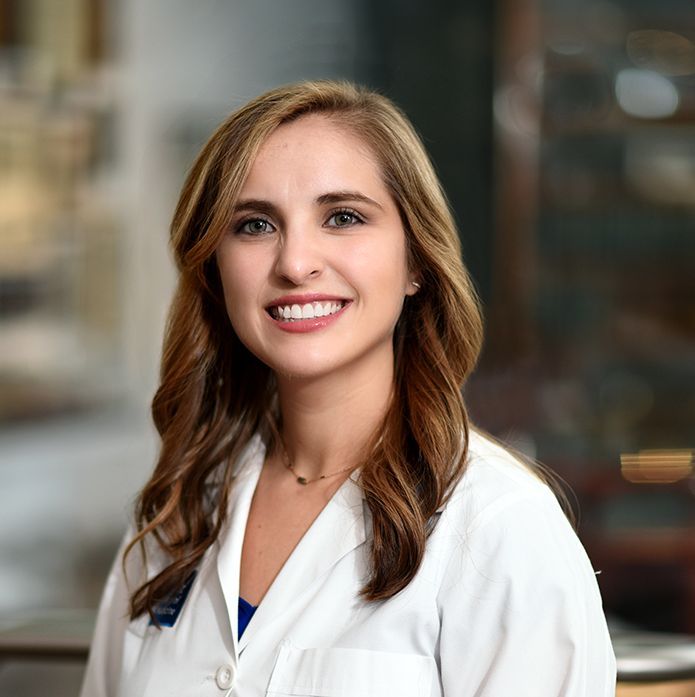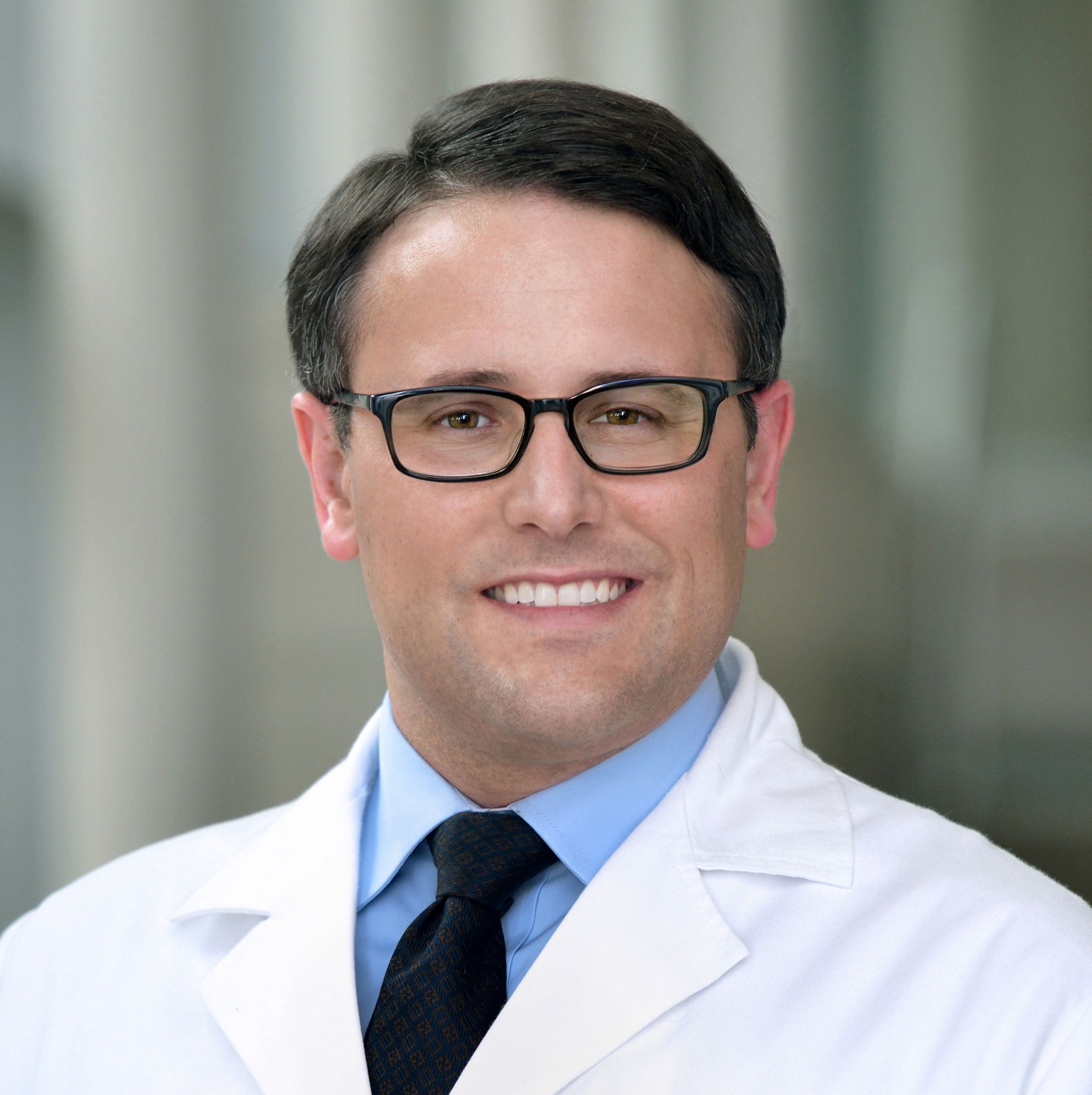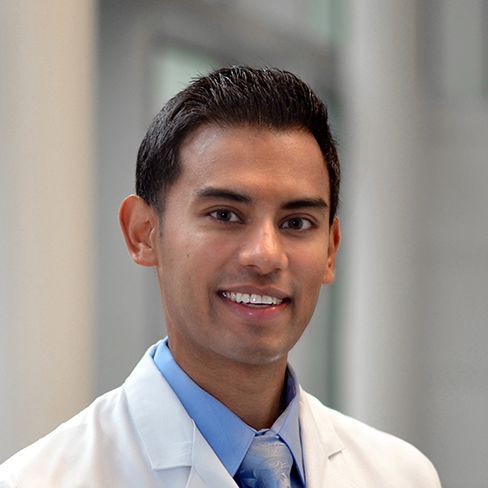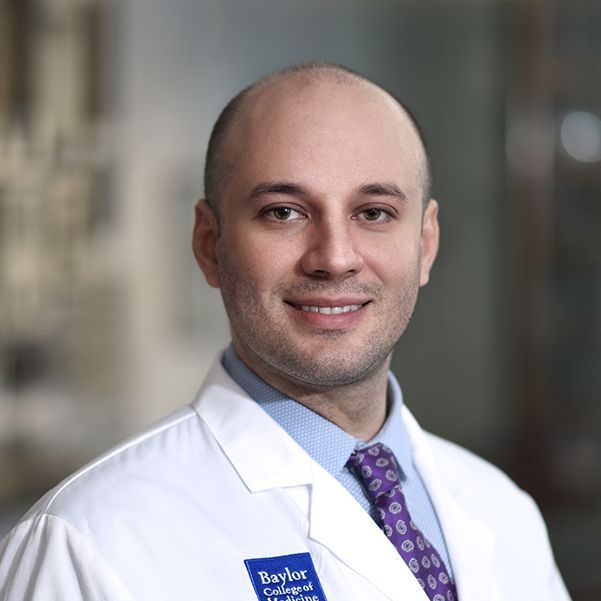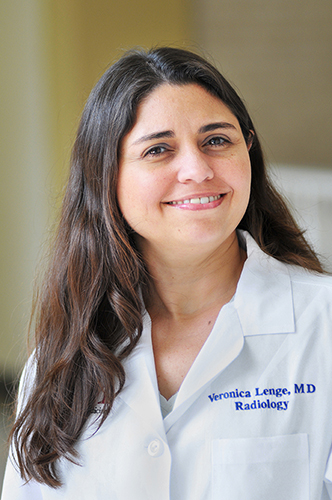Depending on your symptoms and disease, your pulmonologist may refer you to one of our team members. Below is a list of our comprehensive multidisciplinary team.
Pulmonary
Baylor Medicine Pulmonary, Critical Care, and Sleep Medicine has been closely involved in the care of those affected with COVID-19 since the beginning of the pandemic. Our providers have been and continue to be at the front line caring for patients, seeking knowledge, and leading research on therapies.
Sleep and Behavioral Sleep
The effect of the COVID-19 pandemic on sleep has been profound due to the increased stress and changes in behaviors and daily routines. This has resulted in a significant impact on the ability to go to sleep, stay asleep, and keep a sleep routine and sleep-wake schedule. Post-COVID patients will also report increased daytime sleepiness and fatigue. The Baylor Medicine Sleep Center providers offer services to help patients reestablish healthy sleep habits, treat pre-existing sleep disorders, and manage new sleep disorders including insomnia and circadian disruptions. Our providers have expertise in several therapy modalities including Cognitive Behavioral Therapy.
Allergy and Immunologists
Allergists-immunologists at Baylor Medicine are dedicated to alleviating any long-term allergy-like symptoms you may experience from COVID-19.
Cardiology
Patients with cardiovascular risk factors and underlying cardiac conditions are at increased risk for adverse cardiac outcomes with COVID-19 infection. In addition, Coronavirus can have a variety of immediate and delayed cardiac manifestations including acute myopericarditis, acute coronary syndrome, congestive heart failure, hemodynamic instability, and cardiac arrhythmias. The putative mechanisms of cardiac untoward effects include direct cellular injury, pro-inflammatory cytokine storm, microvascular injury, and stress-related cardiomyopathy. Our team will provide the expertise to evaluate for cardiovascular dysfunction, promote control of risk factors, and manage cardiovascular disease in these patients as part of the Post COVID Care Clinic.
Endocrinology
Patients who experience Post COVID diabetes may be seen by our endocrinologist.
Gastroenterology
Over 50% of patients hospitalized with COVID-19 report at least one gastrointestinal symptom and some patients' primary symptoms are gastrointestinal in nature. Many gastrointestinal symptoms persist beyond the initial COVID-19 infection.
Geriatrics
Geriatrics and palliative medicine specialists offer a variety of healthcare services for older patients.
iCAMP (Interdisciplinary Consortium on Advanced Motion Performance)
Baylor’s iCAMP team offers a series of lower extremity game-based exercise programs that are designed to improve cognitive function.
Infectious Diseases
Baylor Medicine Infectious Disease specialists have been very involved in learning more about COVID-19, as well as the treatment and long-term effects.
Neurology
Patients who experience COVID-19 infections may be at risk for neurological symptoms including cognitive changes. The Baylor Alzheimer’s Disease and Memory Disorders Center provides comprehensive cognitive evaluation and support for individuals experiencing cognitive and memory symptoms after a coronavirus infection.
Otolaryngology
Physical Medicine and Rehabilitation
The PM&R Clinic provides services to facilitate adjustment to neurological disability and full participation in life roles.
Psychiatry and Psychology
Patients who have had COVID-19 may experience mental health issues. Psychiatry and behavioral health experts at Baylor Medicine provide compassionate, safe, and effective care of individuals with psychiatric and co-occurring disorders.
Radiology
Baylor Medicine Radiology assesses pulmonary sequelae of COVID-related pneumonia, as Chest Computed Tomography (CT) plays a crucial role in the diagnosis and follow-up. High-Resolution CT can assess lung opacification, consolidation, reticulation, and development of lung fibrotic-like changes after having COVID-19.
Rheumatology
Our rheumatology experts provide world-class diagnosis and treatment of medical problems affecting the joins and connective tissue, impacted by COVID-19.









